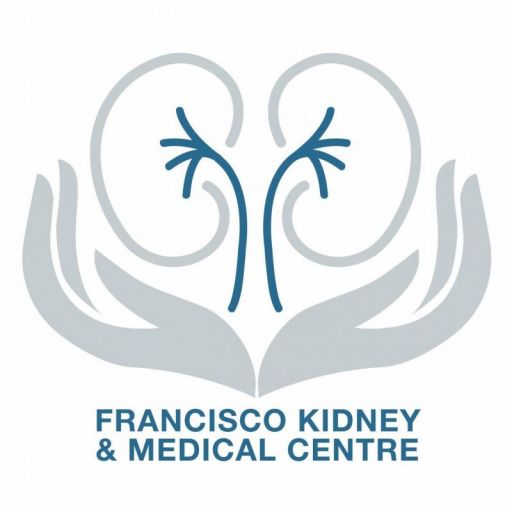Pros & Cons of Haemodialysis
Advantages of Haemodialysis
You only need to do the treatment 3 times a week, which means you can plan your activities more easily during the 4 dialysis-free days.
Haemodialysis is also a helpful and easier option for fellow patients who are in poor health, visually impaired, or suffering from dementia, which makes it difficult for them to perform peritoneal dialysis on their own every day.
For those who opt for home haemodialysis, they may also choose to carry out the dialysis overnight, which will help them to have a normal daytime routine.
Disadvantages of Haemodialysis
The haemodialysis treatment sessions last longer and you need to visit the dialysis centre every time, so you need to plan your life around the dialysis sessions (unless you opt for home haemodialysis, where you need to be trained on how to use the dialysis equipment so you can dialyse at your preferred times or hire a professional caregiver).
While on haemodialysis, your diet and the amount of fluid you drink is severely restricted. You need to avoid foods such as those with phosphate additives (a preservative in processed food) and high potassium, bananas, nuts, salty meats, and chocolates. Read this guide from NKF on “Eating Right for Dialysis Patients” for more info.
The amount of fluid you’re allowed to drink will depend on your size and weight. Most people are only allowed to drink 1,000 to 1,500ml (2 to 3 pints) of fluid a day.
Your fluid intake, depending on your size and weight is restricted to around 1 litre to 1.5 litre (2 to 3 pints) per day.
This is because if you take too much fluid, the dialysis machine cannot remove too much excess fluid in just 4 hours, and this can lead to excess fluid build up in your blood, tissues, and even the lungs.
To manage your thirst, some dietitians may give you alternatives such as frozen grapes or ice chips.
Another disadvantage of haemodialysis is that when you travel overseas, you’ll have to arrange access to dialysis facilities beforehand.
The staff at your dialysis centre may be able to refer you to a dialysis unit at your destination, or you may check the Global Dialysis’ database of dialysis centres around the world.
Haemodialysis Side Effects
While haemodialysis can help prolong your life, it will make you feel exhausted, and it comes with certain risks and side effects.
Some of the side effects of haemodialysis include muscle cramps, itching, sepsis (blood poisoning), sleeping difficulty, high blood potassium levels, anemia, irregular heartbeat and sudden cardiac arrest.
Next: See pros and cons of peritoneal dialysis here
Get Personalised Advice & Holistic Renal Treatment on Chronic Kidney Disease in Singapore
Battling the chronic kidney disease (CKD) can be a daunting and exhausting journey. And the treatments for CKD varies for everyone based on their medical history, current medical conditions, lifestyle and diet. That is why a personalised approach is crucial. If you need any advice on chronic kidney disease (CKD) from a kidney specialist in Singapore, feel free to reach out to Dr Francisco here.
Important information on chronic kidney disease:
What is chronic kidney disease
Signs and symptoms of chronic kidney disease
Stages of chronic kidney disease
Treatments for chronic kidney disease patients
Renal diet for chronic kidney disease patients
Kidney dialysis for chronic kidney disease patients
Kidney transplantation for chronic kidney disease patients
